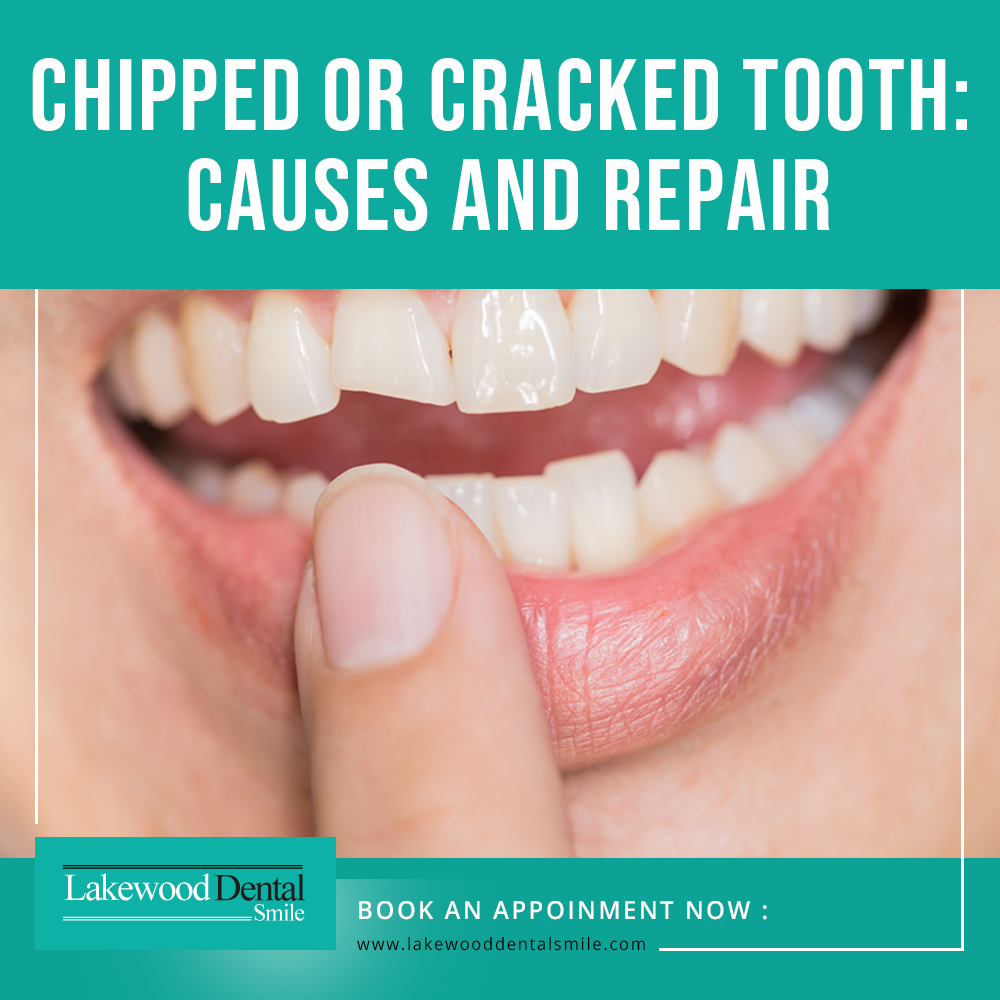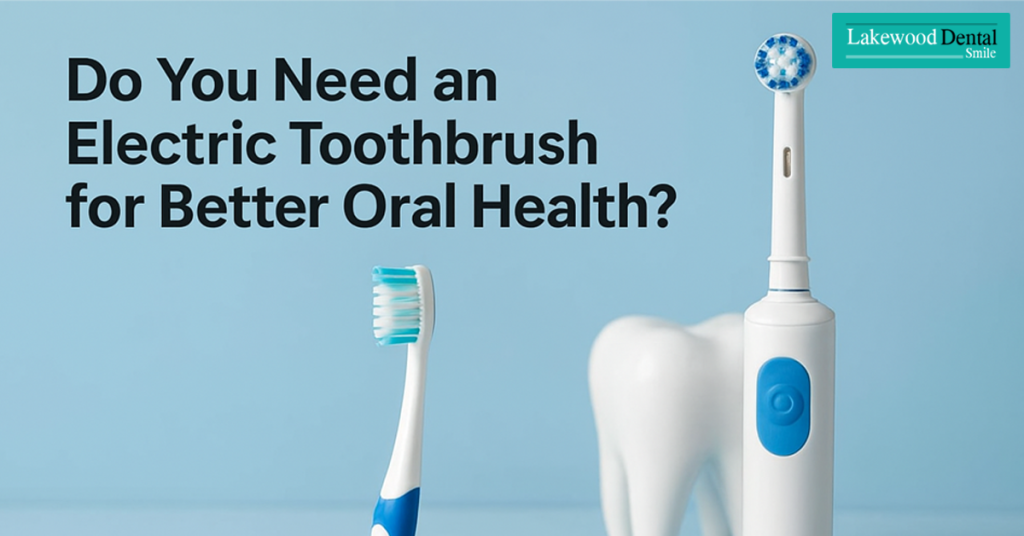A chipped or cracked tooth is one of the most common dental issues faced by both adults and children. Even though tooth enamel is the hardest substance in the human body, it’s still vulnerable to damage. Accidents, falls, tooth decay, or even teeth grinding during sleep can weaken the enamel and cause chips or cracks. While it may look like a small cosmetic problem, ignoring it can lead to sensitivity, infection, and serious oral health issues. In this guide, you’ll learn the causes, treatments, and preventive steps for managing a chipped or cracked tooth effectively.

Common Causes of a Chipped or Cracked Tooth
Understanding what leads to a chipped or cracked tooth can help you protect your teeth better. Common causes include:
- Accidents or trauma: Sports injuries or sudden impacts to the mouth.
- Biting hard objects: Ice cubes, hard candy, or pens.
- Tooth decay: Weakens enamel, making it prone to chipping.
- Bruxism (teeth grinding): Continuous grinding during sleep wears down enamel.
- Temperature extremes: Rapid shifts from hot to cold can stress enamel.
Regular dental visits can help identify early enamel wear and prevent cracks before they worsen.
What Happens if You Don’t Restore a Chipped Tooth?
A small chip might seem harmless at first but neglecting it can cause complications.
Here’s what can happen if left untreated:
- Increased tooth sensitivity to hot or cold.
- Sharp edges that can cut your tongue or gums.
- Risk of infection if bacteria reach the inner pulp.
- Development of bad breath or swollen gums.
- Progressive cracking leading to root canal or extraction needs.
Prompt dental treatment helps prevent pain and restores tooth strength, ensuring your smile remains healthy and confident.
How to Restore a Chipped or Cracked Tooth
The first step is always to visit your dentist. The right treatment depends on the crack’s depth and location.
Here are common repair methods:
1️⃣ Smoothing and Polishing – For minor chips, the dentist may smooth sharp edges without further treatment.
2️⃣ Dental Bonding or Filling – A tooth-colored resin can be applied to restore shape and function.
3️⃣ Dental Crown or Cap – For deeper cracks that don’t affect the root, a crown covers and protects the tooth.
4️⃣ Root Canal Treatment – If the crack extends into the pulp (containing nerves and blood vessels), root canal therapy may be needed before placing a crown.
5️⃣ Tooth Extraction and Implant – In rare, severe cases where the tooth cannot be saved, extraction followed by a dental implant can restore your smile permanently.
💡 Tip: Acting early often means simpler and more affordable treatment.
Prevention Tips to Avoid a Chipped or Cracked Tooth
Prevention is always better than repair. Follow these habits to protect your teeth:
- Maintain strong oral hygiene — brush twice a day and floss regularly.
- Use a mouthguard if you play contact sports or grind your teeth.
- Avoid biting on pens, nails, or hard candy.
- Limit acidic or sugary foods that weaken enamel.
- Visit your dentist twice a year for preventive checkups.
If you tend to grind your teeth, your dentist may recommend a custom night guard to protect your enamel while you sleep.
Daily Habits to Strengthen Teeth
| ✅ Good Habits | ❌ Avoid These |
|---|---|
| Brushing gently with fluoride toothpaste | Using hard-bristled brushes |
| Eating calcium-rich foods | Chewing ice or hard candy |
| Wearing a mouthguard during sports | Biting nails or pen caps |
| Regular dental checkups | Ignoring minor chips or cracks |
Long-Term Benefits of Timely Repair
Repairing a chipped or cracked tooth early has multiple long-term advantages:
- Preserves natural tooth structure
- Prevents infections and costly future treatments
- Restores your ability to chew comfortably
- Improves overall confidence and smile aesthetics
Timely intervention ensures both your oral health and appearance remain at their best.
Final Thoughts & Soft CTA
Even a minor chipped or cracked tooth deserves professional attention. By addressing it promptly and maintaining healthy habits, you can prevent infections, reduce sensitivity, and restore full function to your smile.
If you experience pain or notice sharp edges, schedule a consultation as soon as possible. For gentle, expert, and trusted dental care, visit Lakewood Dental Smile — your reliable dentist for comprehensive tooth repair in Dearborn, Michigan.




